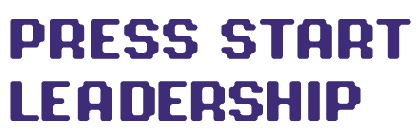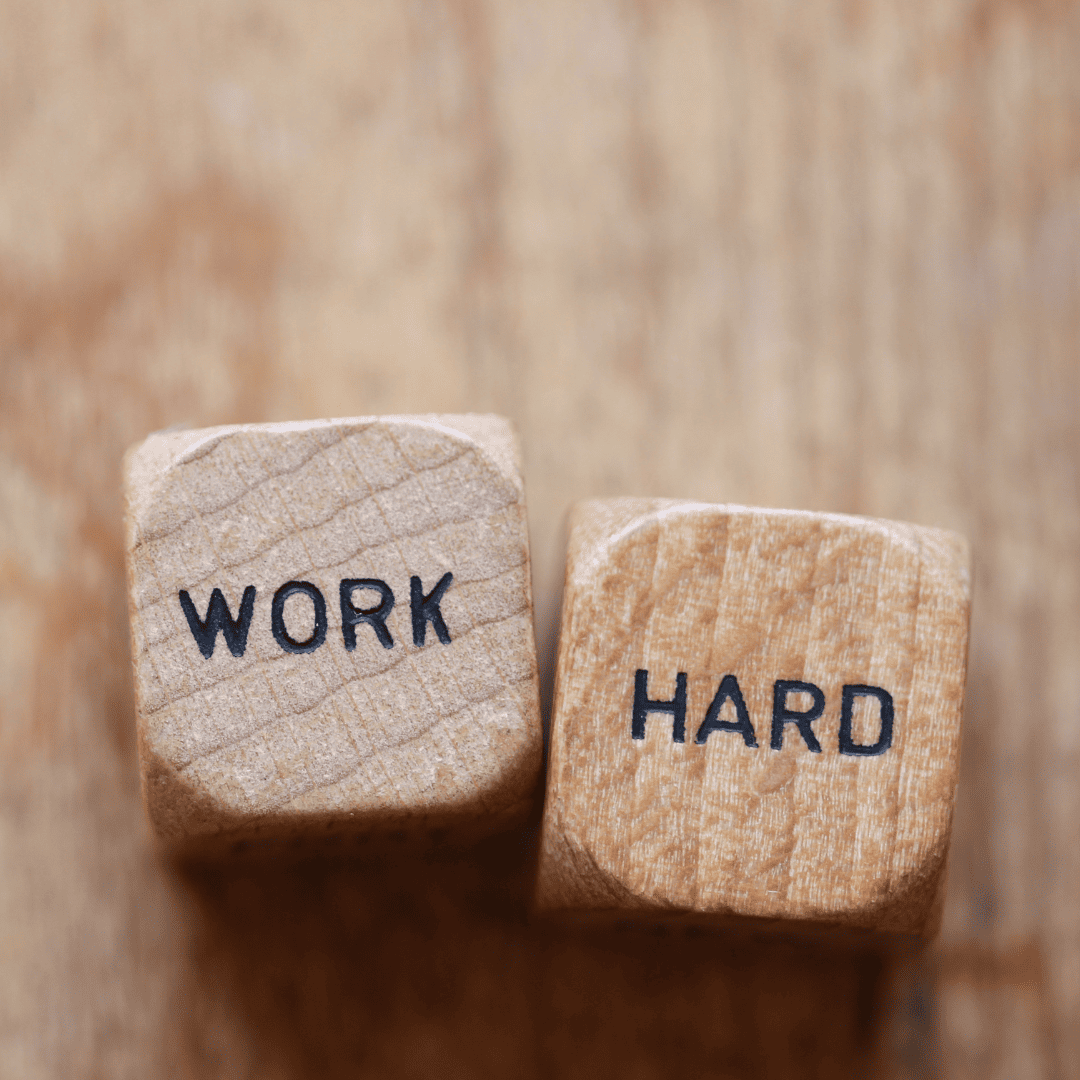Achieving Balance and Boosting Productivity: The Secret Power-Up for Success in the Gaming Industry
If you’re into gaming and development, chances are you’ve come across the phrase ‘Work a Hard 8’. But if the term sounds as mystifying as a hidden Easter egg in a complex RPG, fear not. This concept is the equivalent of understanding the respawn points in a frantic FPS; it’s all about understanding the rules of the game.
In the industry of game development, ‘Work a Hard 8’ is a philosophy, a work ethos that emphasizes balance – specifically, working 8 hours, sleeping 8 hours, and having 8 hours for your personal life. It’s a rebuff against the infamous ‘crunch’ culture that’s been plaguing the industry, with its excessive overtime, relentless deadlines, and sheer burnout.
So, what can we learn from the ‘Work a Hard 8’ philosophy, and how can it help transform our studios into havens of productivity and well-being? Grab your controllers, folks, because we’re about to take a deep dive into the game of work-life balance in the industry.
The Anti-Crunch Crusade: Understanding ‘Work a Hard 8’
The ‘Work a Hard 8’ philosophy is more than just a catchy slogan; it’s a call to action against an unhealthy work culture. The principle promotes a balanced approach to work, challenging the prevalent crunch culture – the practice of working long hours, often unpaid overtime, in the run-up to a game’s release.
But why is crunch such a big deal? Imagine you’re playing a game with a severe difficulty spike; you’re putting in more and more hours, but the progress seems negligible. You’re not just losing in-game; you’re losing sleep, personal time, and, ultimately, your health. That’s crunch in the game development world – it’s not just about the loss of life balance; it’s about the toll it takes on people’s mental and physical health.
The High Score of Work-life Balance: Benefits of ‘Work a Hard 8’
Much like a well-balanced game provides an engaging and enjoyable experience for the player, a well-balanced work life can significantly enhance a team’s productivity and creativity.
Firstly, working a hard eight hours can lead to more focused and productive work. When your time in the studio is limited, you tend to prioritize tasks, streamline your work process, and cut down on unnecessary meetings. In short, you work smarter, not harder.
Secondly, the emphasis on a good eight hours of sleep cannot be underestimated. As any doctor or sleep-deprived gamer would tell you, a good night’s sleep can improve cognitive functions, enhance problem-solving skills, and increase alertness – all crucial aspects for a game developer.
Lastly, the importance of having eight hours for personal life, hobbies, relaxation, and socializing adds the crucial third dimension to this philosophy. A well-rested, well-rounded individual who has time for personal pursuits can bring fresh perspectives, creativity, and renewed energy to the workplace.
Respawn Points: Implementing ‘Work a Hard 8’ in Your Studio
Implementing the ‘Work a Hard 8’ philosophy in your game development studio is much like introducing a new gameplay mechanic; it requires careful planning, a supportive environment, and constant monitoring.
To begin with, it’s important to communicate the change to your team clearly. Explain the philosophy, its benefits, and how it will be implemented in the studio. Encourage your team members to voice their concerns and suggestions – after all, implementing a new work policy is a team effort.
Next, set clear expectations for work hours and productivity. Emphasize the importance of working smart and focused during the eight-hour work period. Discourage after-hours work and emails – this is the time for rest and personal life. Make sure your team understands that while the studio values productivity, it doesn’t come at the cost of their well-being.
Shifting the Meta: Challenging the Status Quo
Establishing a ‘Work a Hard 8’ culture often means challenging the ingrained crunch culture in your studio. Like altering the meta in a competitive game, this process can be tough. It’s important to remember that change doesn’t happen overnight, and it’s okay to face resistance initially.
You’ll need to focus on changing perceptions about working long hours, breaking the ‘overtime equals commitment’ myth. Empower your team members to speak up if they’re feeling overworked, and make it clear that burnout isn’t a badge of honor. Reinforce the idea that taking care of one’s health and well-being is equally important as meeting deadlines.
The Co-op Mode: Leading by Example
As a leader, it’s your responsibility to set the right example. Just like in co-op gaming where team members rely on each other, your team is likely to follow your lead when it comes to work habits. If you’re sending emails at midnight or skipping lunch breaks, your team might feel pressured to do the same.
Try to adhere to the ‘Work a Hard 8’ philosophy as much as possible. Make it clear when you’re off the clock and encourage your team members to do the same. The aim is to create a work environment where everyone feels comfortable enough to disconnect after their eight hours of work without the fear of falling behind or seeming uncommitted.
Health Packs: Providing Support
A supportive work environment is crucial for the successful implementation of the ‘Work a Hard 8’ philosophy. Think of it like health packs in a video game; they are essential for a player to survive and thrive. The same goes for your team members.
Consider providing resources that support this balanced lifestyle. For example, consider offering flexible work hours, encourage breaks during the workday, or even provide resources for mental health support. Make it clear that the studio values and supports their personal time.
Endgame: The Long-term Impact of ‘Work a Hard 8’
The ‘Work a Hard 8’ philosophy isn’t a quick fix for all your studio’s problems. It’s a long-term investment for a healthier, more productive work environment. It’s like reaching the endgame content in a MMO – it requires time and commitment, but the rewards are worth it.
By promoting a balanced work-life culture, you’re likely to see improvements in team morale and productivity. You can also expect lower turnover rates as your team members feel valued and cared for. Plus, your studio will be an attractive place for potential talent who value work-life balance. In the hyper-competitive gaming industry, these factors can give your studio a considerable advantage.
Final Thoughts
In the ever-evolving game development industry, the ‘Work a Hard 8’ philosophy stands as a testament to the importance of balance. It challenges the status quo and provides a way to create a healthier, more productive work environment.
Much like gaming, where understanding and using game mechanics effectively can make a difference between winning or losing, in the game development world, understanding and implementing the ‘Work a Hard 8’ philosophy can determine whether your studio thrives or merely survives.
Remember, at the end of the day, the health and well-being of your team members are just as important, if not more, than the games they create. After all, a game might be temporary, but the people who create them, their creativity, their talent, and their well-being – those are your real assets.
Thank you for reading this article to the end. I hope it has been informative and helpful. If you’d like to learn more about the topics we covered, I invite you to check out my podcast and my YouTube channel where I delve into these subjects in more depth.
Additionally, I would love to stay in touch and keep you updated on all the latest developments and insights in the world of leadership. That’s why I encourage you to sign up for my newsletter. Not only will you receive regular updates, but as a thank you for joining, I will also send you my free eBook, “5 Heroic Leadership Skills.” This eBook is packed with practical tips and strategies that will help you take your leadership skills to the next level.
So don’t wait! Sign up for my newsletter today and start your journey towards becoming a more effective and inspiring leader. I can’t wait to hear from you.


